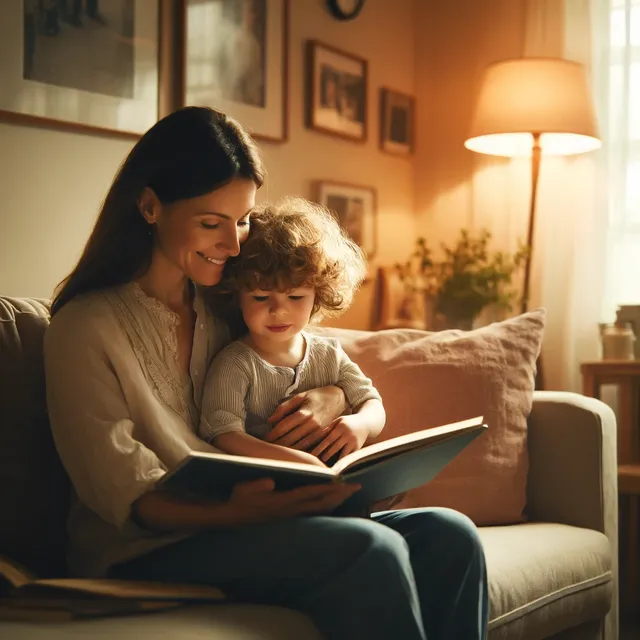Children's Comfort: Why They Usually Prefer Moms to Dads
Introduction
It is perhaps from an early age that children are uniquely attached to their mothers. This universal phenomenon turns intriguing when hypotheses are made concerning the emotional links between children and their parents.

The Role of the Mother
Biological Link
Mothers create a bond with their children from immediate biological ways of interaction, like pregnancy and lactation. These early interactions will in turn establish a substrate for a deeper, more affective relationship.
Emotional Support
Mothers are most generally seen as primary caregivers in most cultures. It has traditionally been their role to nurture and give emotional support. That stable provision and attention make children feel safe and comfortable, therefore giving them an open atmosphere to express their needs and emotions to their mothers.
Role of the Father
Traditional roles
In many societies, fathers have been viewed mainly as providers, and this greatly limits their interactions with children on a daily basis, so this could mean that fathers are not the first inclinations for children who seek to share emotional support.
Changing Dynamics
Relevance lies in the fact that family roles are changing. Today, most of the fathers are engaged in parenting, which may change the perception of paternal comfort as different in different future generations.
Psychological Perspectives
Attachment Theory
According to the attachment theory, it says that children develop their attachments on the basis of the quality and consistency received in care. Since mothers provide care that is more consistent starting from the time of birth, the attachment of children to their mothers is more intense.
Socio-Cultural Influences
At the same time, cultural expectations and social norms also cue children to the relative merits of each parent playing the role of comforter. In such cultural contexts, where emotional care is more equally divided, children may not show a strong aversion to or preference for either the father or the mother being the comforter.
Conclusion
Although many children display this preference for comfort from mothers at present times, that is evidence that such trends are based on other bio-psycho-social forms of bonding. As social norms continue to wax and wane over time, we could see the realignment of these trends. With a comprehension of these patterns, each parent will succeed in handling the intricate emotional caregiving landscape, thus the children will feel supported and secure by both.
Sign up for our newsletter and keep current with our blog, and learn more about family dynamics and parenting.
You've got a free upvote from witness fuli.
Peace & Love!